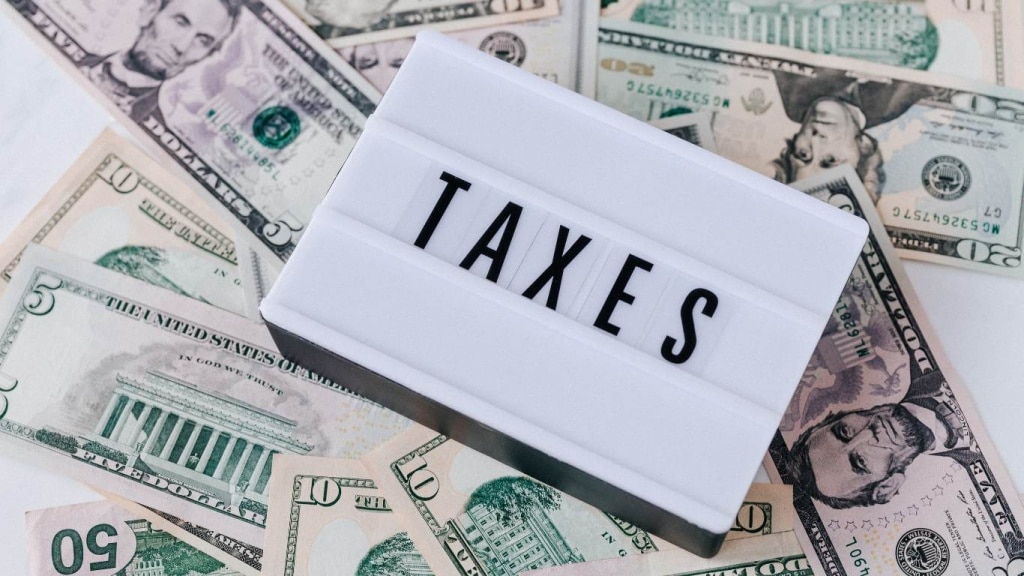
January is the time to think taxes. Of course, you have until March or April to file income taxes depending on the business entity type, but you may also have some obligations in January. If you have employees or if you paid contractors, you have deadlines of January 31, 2023. Let’s make sure you have a plan.
With employees, where you are actually withholding taxes, I assume you are working with a tax professional or you are using payroll tax software. In either case, you do not have to do the heavy lifting. You will want to ensure that the information is correctly recorded in your books. You will also need copies of the w-2’s filed for your employees and the w-3 transmittal document used to submit the w-2’s to the IRS. Your income tax preparer will need these when you file later in the spring.
For contractors who you pay for services rendered, you may be required to send a 1099. Here are a few guidelines for you to consider:
How much did you pay them?
What type of business entity is the service provider?
How did you pay them?
Let’s dive in so you know what to consider.
How much did you pay them?
If someone provided services that totaled less than $600, you do not have to file a 1099 NEC (nonemployee compensation) form. If you’ve paid more than $600, you’ll need to file a 1099.
What type of business entity is the service provider?
Now I can hear you say, “How do I know?” Well, the government thought of that and solved the issue with another form: the w-9. I recommend obtaining a w-9 for any service provider that you pay during the year, before issuing payment. Before you pay the bill, you will have the most leverage for getting this documentation. Also doing it as a part of bill pay process throughout the year will ensure that you can do backup withholding if you don’t get the form and it will save you scrambling in January. Here is the form that you can forward to your contractors to determine if they need a 1099.
When your contractor returns the w-9 form, if they have checked the Individual/sole proprietor or single member LLC box, they will get a 1099. By keeping up with this documentation, you will have fulfilled your obligations as a business owner in the eyes of IRS.
How did you pay them?
If you used a payroll service, like Gusto, to pay your contractors, they will file the 1099’s for you as part of that service. If you paid them using a credit card or PayPal, the payment processor is required to file a 1099K. The rules for this recently changed. Now the payment processors will have to file using the $600 threshold and the number of transactions does not matter. You can read more about this recent change in a recent blog by Ramsey Solutions. If you paid the service provider with a check or ACH bank transfer or a bank transfer service like Zelle, Venmo, etc., you are required to file a 1099 based on the answers to the first two points above.
Once you know you have to file a 1099, you need to ensure that it is done by January 31, 2023. We like an electronic service called Track1099. This is a service that businesses can use as well as accountants. Once you enter your vendor information, it is saved for future years, saving you a tremendous amount of work. It also integrates with many versions of Xero and QBO accounting software.
Now that you know the ins and outs of 1099 filing, in addition to taking care of your 1099 obligations for 2022 get ahead of the curve for next year. Collect those w-9’s as you pay contractors. Consider paying contractors with a service like Gusto or PayPal so that the filing is done by another party. If you’re going to be responsible for filing, then a service like Track1099 will make the task easy on you and will be a paperless solution. Consider this entire exercise a warm-up for the income tax deadlines coming up in the spring and keep your numbers and organizational skills honed.
If you want to start 2023 with accurate and clean books that will help make all your tax time preparations a lot easier, the bookskeep team is ready to help! You can reach out to us today!
Interested in Profit First?
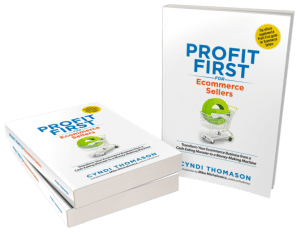
You can also sign up for the Profit First for Ecommerce Sellers Online Course. As a Mastery Level, Certified Profit First Professional, I will teach you why Profit First works so well for ecommerce businesses and the particular challenges for businesses that have physical products requiring inventory management. You will learn how your behavior drives your money management habits for your business and how you can set up your business bank accounts to work with your habits.
Check out all our ecommerce accounting and profit advising services here!
Do you know about Cyndi’s new book?
Motherhood, Apple Pie, and all that Happy Horseshit
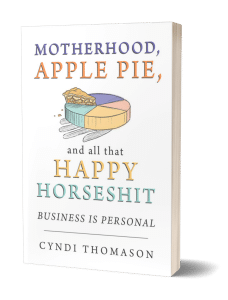
“You’re about to discover the recipe for successful momma entrepreneurs.”
Business is Personal
As a Mom, you can have it all and it’s better when you do. Using your personal values to create the business of your dreams. By the end of this book you’ll be confident in designing a business that supports your family and yourself. Order Now!


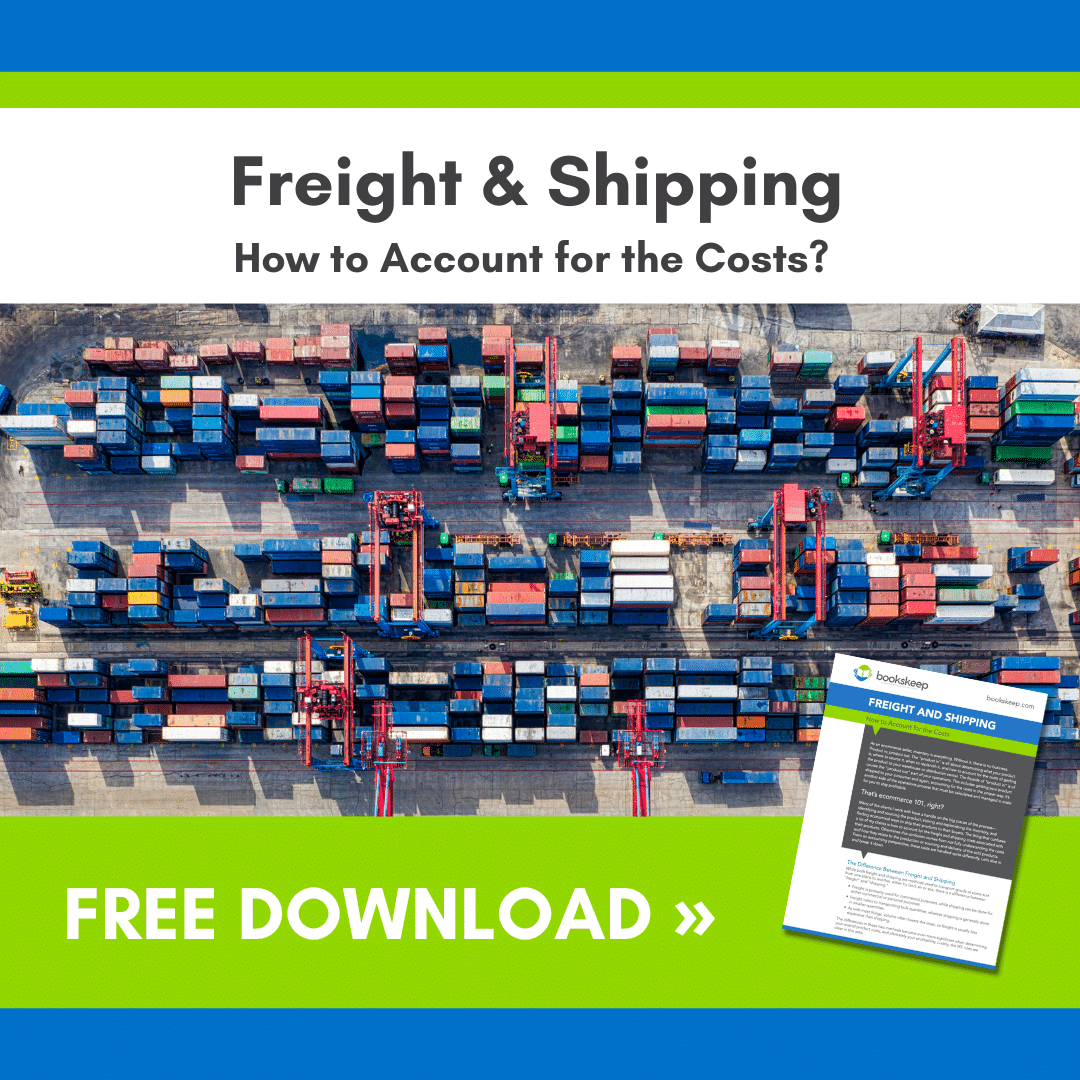
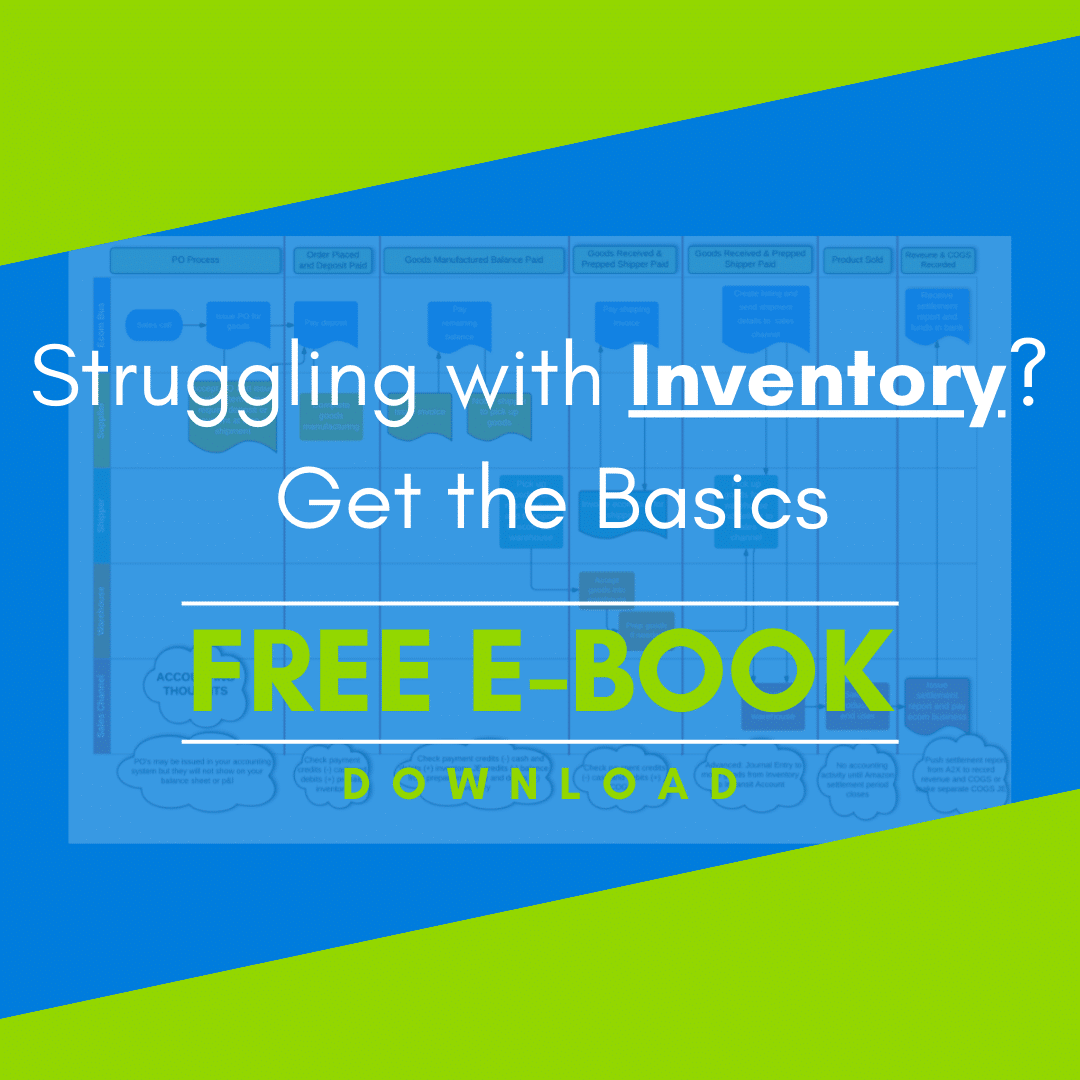
Leave a Comment